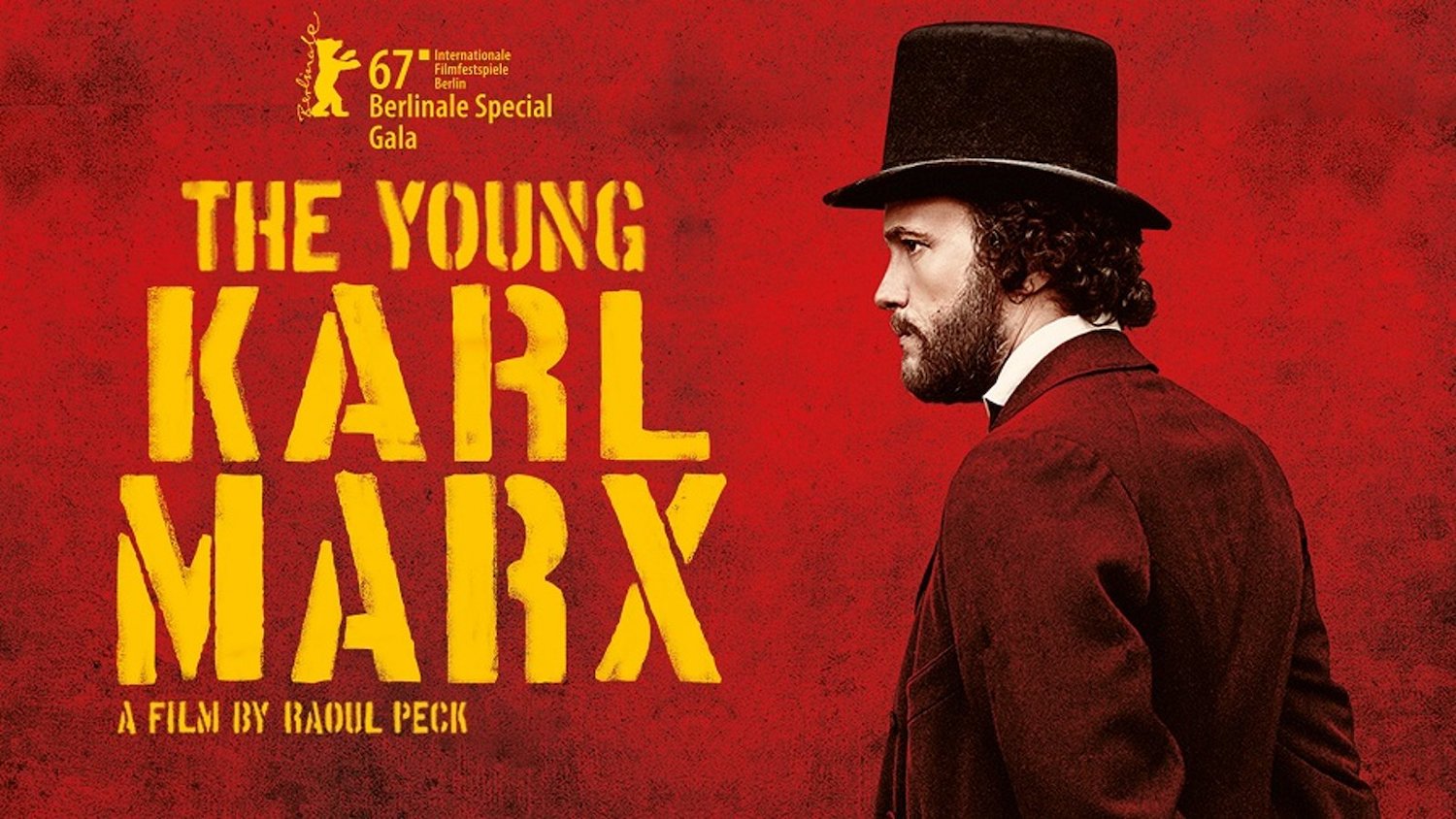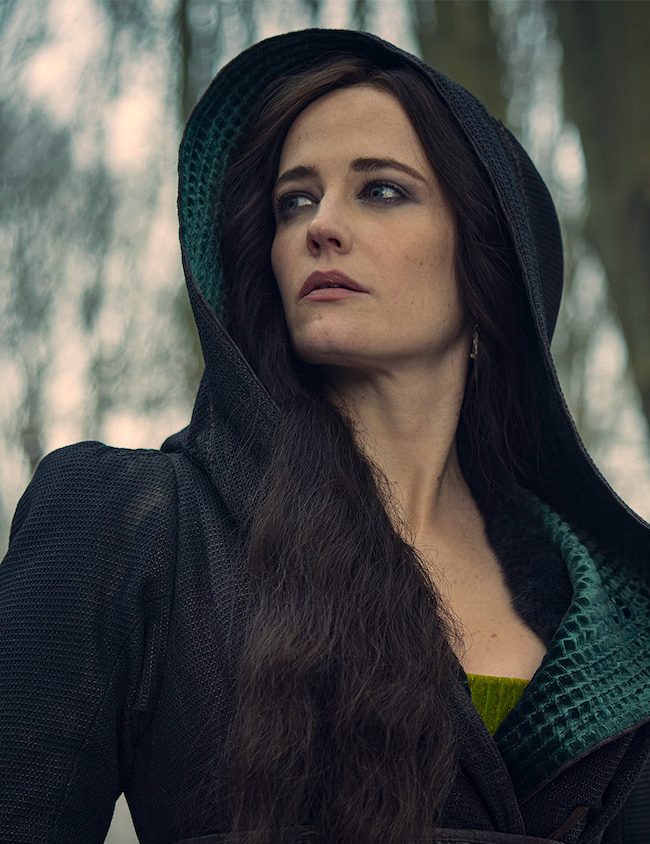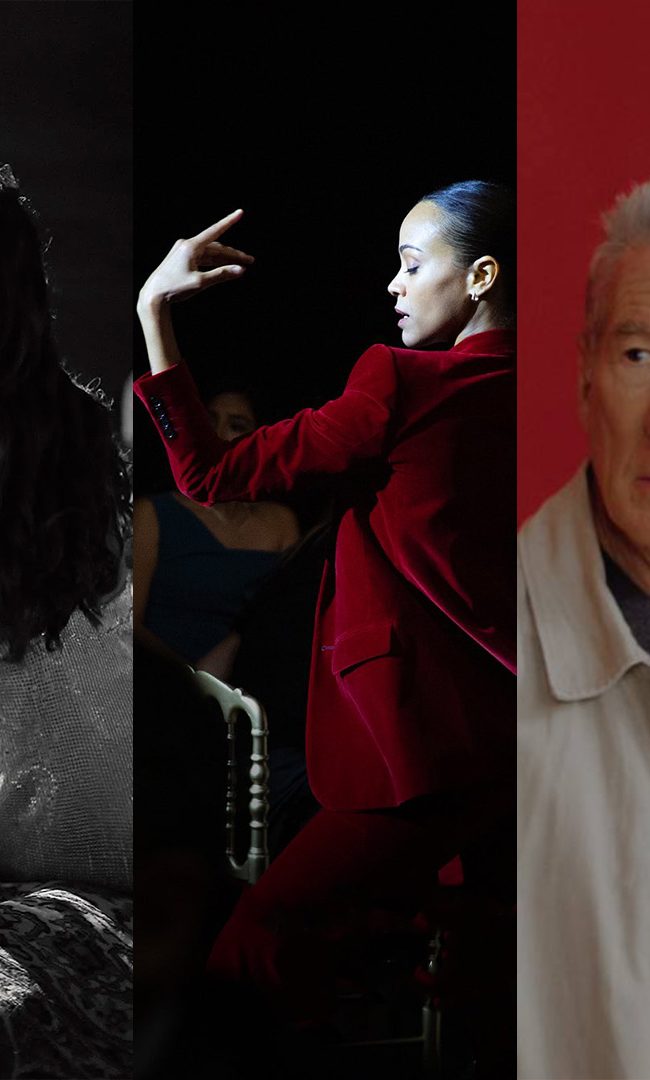
(Raoul Peck’s narrative biopic The Young Karl Marx is in theaters now in limited release)
Unless you’re a scholar of the life of Karl Marx, I’d wager that you tend to think of him solely as a white-bearded purveyor of radical economic and political ideas, whose writings directly inspired some of the most violent revolutions of the 20th century. He was that, for sure, but he was also – hardly a shock – once a young man, as well, concerned with righting the injustices of 19th-century Europe and feeding his own family. It’s that last bit that struck the oddest note with me, watching Marx insist on getting paid for his work.
Then again, as portrayed in Raoul Peck’s new, expertly assembled biopic of the man’s early years, entitled – appropriately enough – The Young Karl Marx, Marx wasn’t against money; he just thought everyone deserved a fair wage, and that the time was ripe for the proletariat to take back what was rightfully theirs. Still, the sheer pedestrian mundanity of demanding a salary was, perhaps stupidly, not what I was expecting to see on display in a re-enactment of the life of a famous intellectual. That is just one of the many pleasant surprises here.
Peck (I Am Not Your Negro) – one of those versatile directors equally at home in both documentary and fiction films – does a marvelous, meticulous job recreating the period look and feel of various European cities of the mid-1800s, including Paris, London and Manchester (England). His cast is top-notch, from August Diehl (Confession of a Child of the Century) as Marx, Vicky Krieps (Phantom Thread) as Jenny, his wife, and Stefan Konarske (Outside the Box) as Friedrich Engels, his partner in philosophical mayhem, as well as the many other members of the talented ensemble. Together, cast and crew walk us through the major, formative events that led to Marx and Engels’s publication of their declaration of principles, “The Communist Manifesto,” in 1848.
Whatever one may think of these men and their work, it is hard to argue against their historical importance, and the great joy of the film is in discovering them before their evolution into grizzled icons. To be honest, I am not sure I needed to see Karl and Jenny make passionate love – then again, why not, since it reinforces their connection? – as it brings the film a little too close to glossy soft-core romance, but I nevertheless appreciated the reminder of the characters’ humanity. As someone who studied Russian and Soviet history in college and graduate school, I only considered Marx and Engels as the subject of slogans or the butt of cynical jokes. The Young Karl Marx effectively restores them to their rightful place as genuine people.
– Christopher Llewellyn Reed (@ChrisReedFilm)











